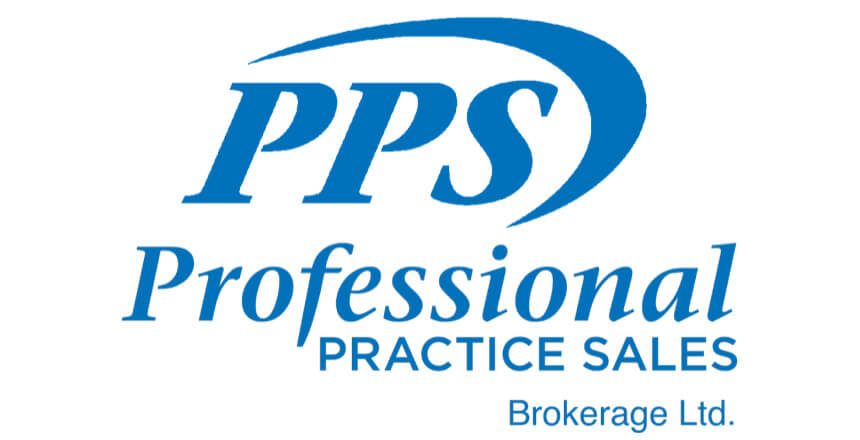
Recently we have been consulting with a couple of clients that have been faced with the decision of moving their practice late in their careers. This article is primarily directed to dentists faced with this decision who are contemplating a sale within five years. If you have more time, then other factors will guide your decision.
One of the biggest contributors to value in a dental practice is its location. Naturally a poor location is also one of the biggest detriments to achieving the full potential value of the practice. The other factor that is increasingly becoming a big impediment to value is a “bad” lease. A bad lease is one that will not give you and the future owner of your practice unfettered access to the premises for at least 10 years. Unfettered means no demolition clause, reasonable assignment clause, and reasonable renewal language. Also, if there is a re-location clause, it must be at the landlord’s expense and to a location that is similar in exposure and access as the current premises. If you don’t have these attributes in your lease you have some tough decisions to make. If you don’t know, you should find out!
The first and least expensive option is to retain a lawyer or lease negotiator and try to fix the problems in the lease. This is usually attempted at renewal time. Landlords are quite reluctant to remove or amend clauses that give them flexibility, but it is worth a try.
If that fails, then you must decide whether you stay in your current premises or consider moving to a nearby location. Moving a dental office is a very expensive and time consuming undertaking. An average four operatory office would cost $250,000 to $300,000 to build out plus any new equipment that was required. Therefore, the first consideration is, can I stay and what happens to my practice value if I do. Every circumstance is different, so I will generalize in order to be brief. The decision to stay is based upon the notion that if you move, you would not recover the cost to move in the event of a sale in the near future. To determine this you must know what your practice is worth now, in the current location, with the bad lease, and then project what it would be worth in a new location with a good lease but after spending hundreds of thousands of dollars to move. If you stay, you will run the risk of being asked to leave at some point in the future. If you have a modest practice billing $400,000 or less, this may be your best choice. A practice like that is considered a good “bolt-on” acquisition for a local dentist who may have excess capacity in his/her premises. I wrote about mergers being a viable option in issue 54 of the Professional Advisory (Please send me an e-mail if you’d like a copy). Further, the costs involved to relocate a smaller practice are disproportionately expensive so it would very likely be better to stay, take the risk, and merge when the time comes.
On the other hand, if you had a bigger practice, like the two that we have been working with, the decision to move becomes easier. In one case, the practice was located in a high-end indoor mall on the retail concourse level. The landlord did not want to renew the lease, so bumped up the rent significantly and would not offer more than a three year term. The landlord proposed moving to an adjoining business tower. Our clients rent would drop by 75 per cent! We analyzed the current and new patient data. We determined that it was a traditional non-assignment office that got 90 per cent of its new patients by referral from existing patients. The existing patients were loyal, compliant, long term patients that we hypothesized, would not mind the extra 100 yard walk indoors to the new office. The old office was dated and had no natural light. The new office is fresh, modern and has natural light in each operatory. The investment this client made will be completely recovered in the event of a sale due to the long term lease and dramatic improvement in cash-flow.
In the other case, the client has a very strong solo practice with exceptional business metrics. He has been in a location that has had a demolition clause in the lease for many years. We valued the practice several years ago and reduced the value due to the demolition clause as most buyers would move it out of that location. His lease is now up for renewal and there is a suitable office to move to in the next building. We analyzed the cost-benefit of moving and determined that by removing the dark cloud of the demolition clause, creating a new fresh office with some modern technology, and doing all this a couple of years before he sells his dental practice will yield very positive results. The investment will increase the value by more than enough to offset the cost.
As I mentioned every situation is unique. There are people that can help you analyze your specific circumstance to help you make intelligent decisions at a critical time in your professional life. Draw on the experience of your lawyer, accountant and broker to advise you.

